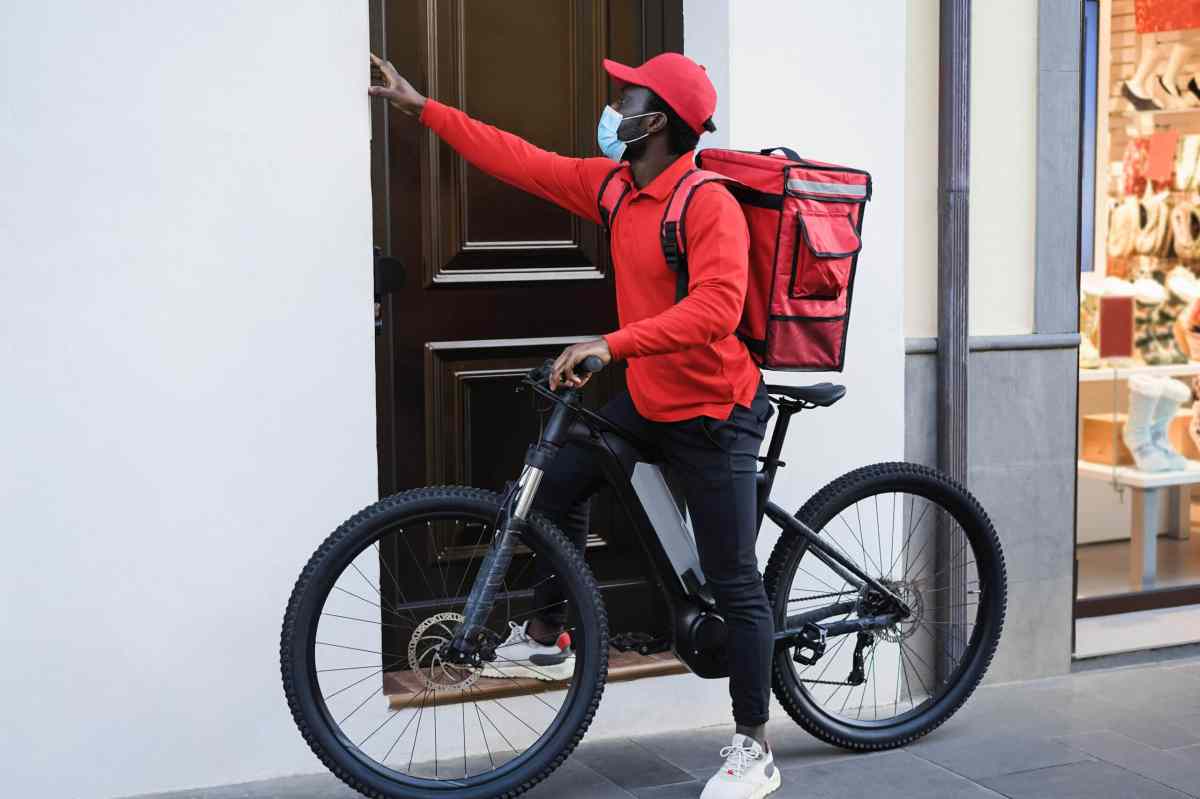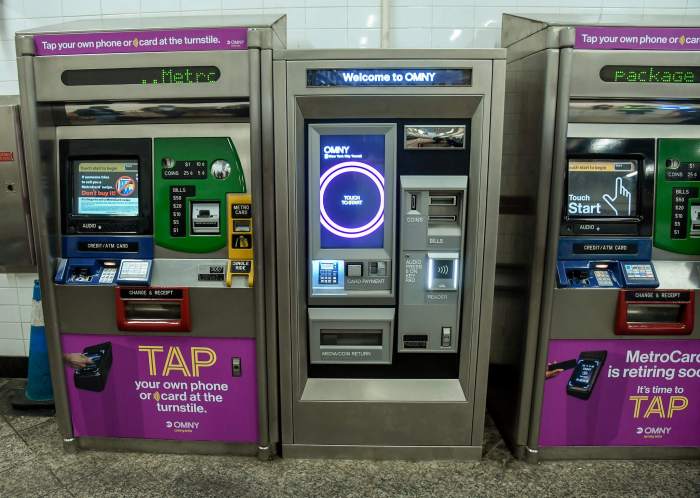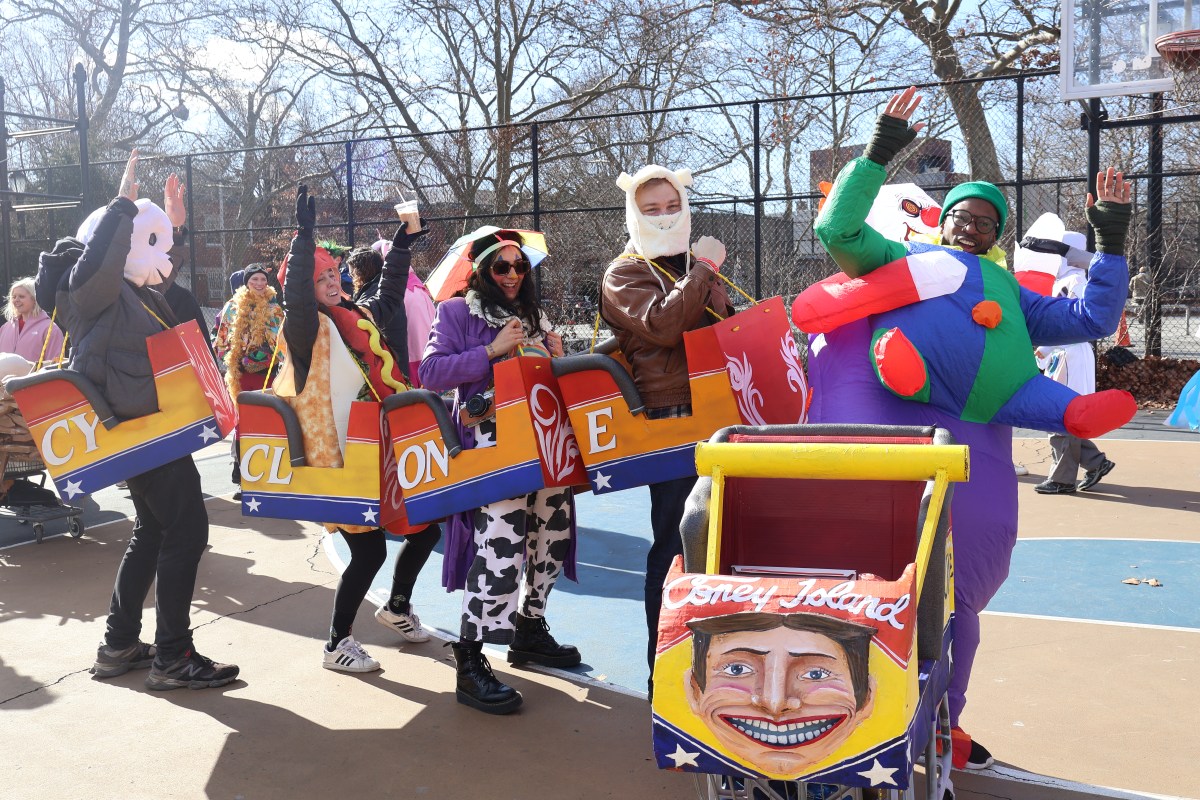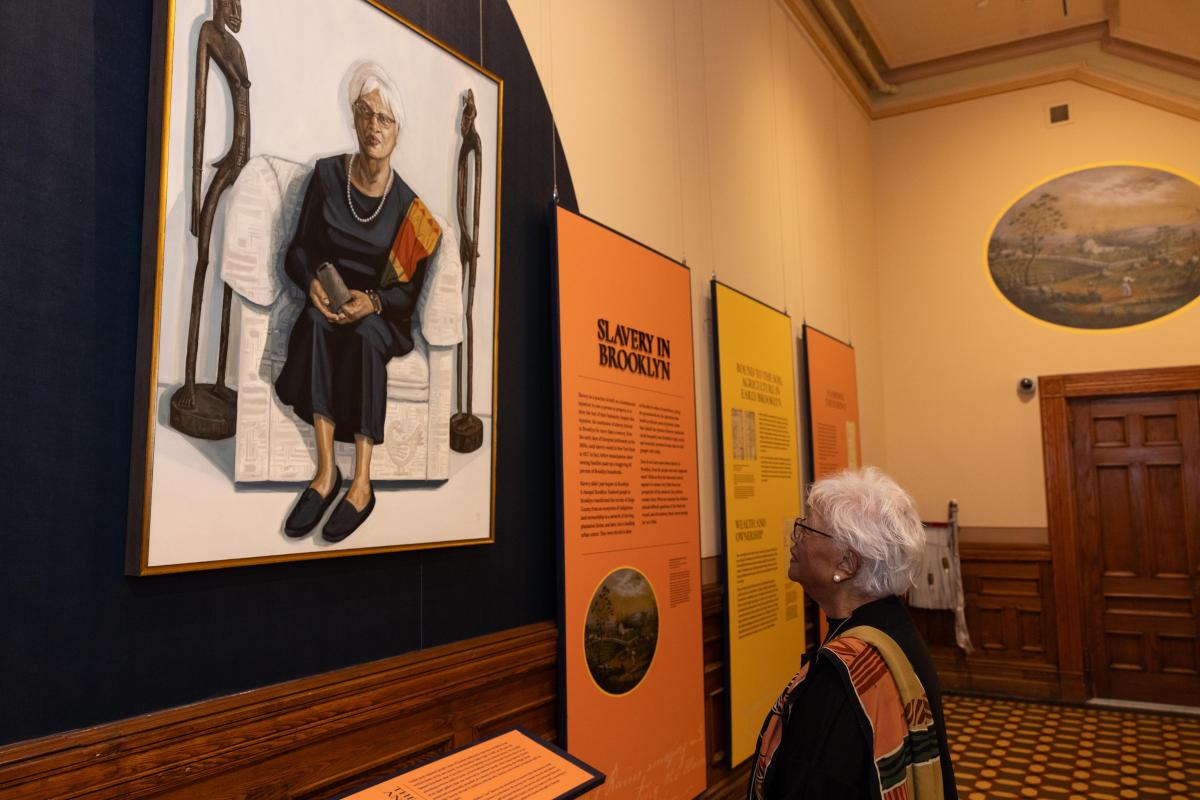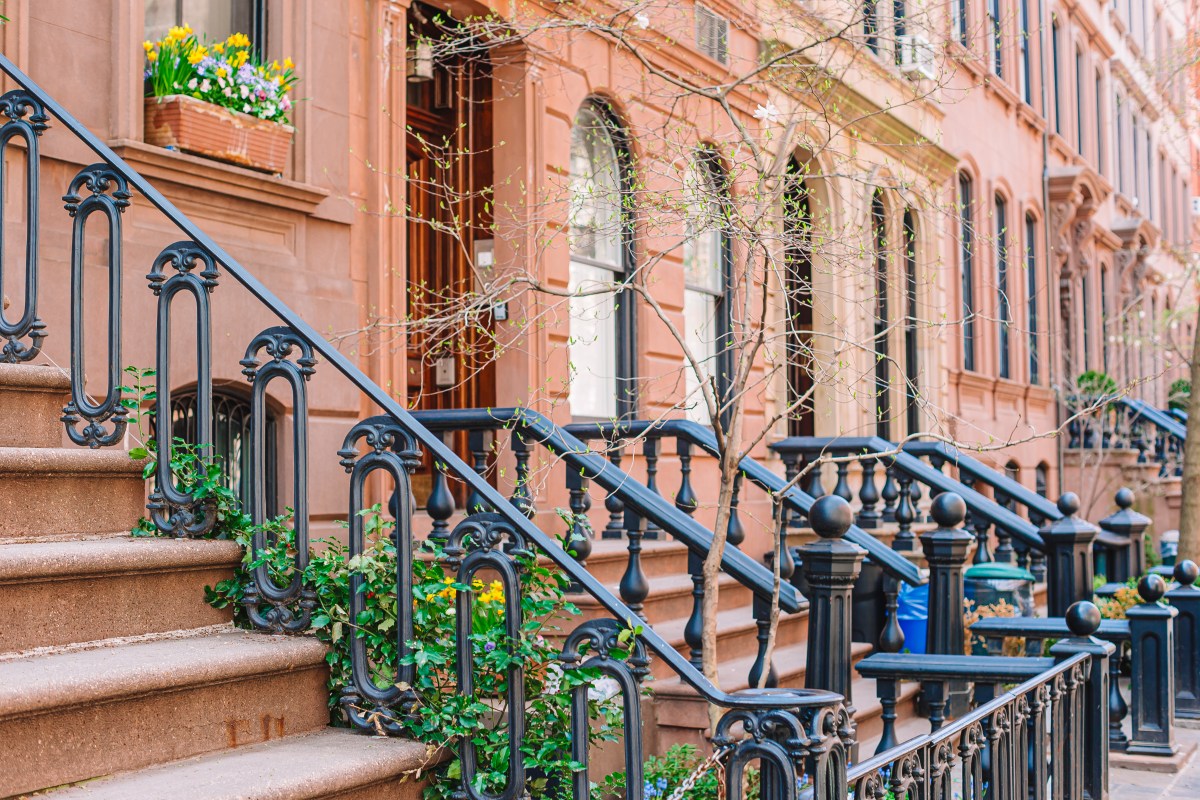Life as a delivery worker – a Deliverista – in New York City has never been easy, but early 2020 was especially difficult. Though the streets were largely empty, we struggled with long-distance, interborough deliveries, and e-bikes quickly became necessary to make enough deliveries in a day just to make rent.
As much as we relied on e-bikes to feed our families, they were illegal. We were living in constant fear – not just of the pandemic, or speeding cars and trucks, but the NYPD. They would stop us, harass us, and take the very vehicles we needed to survive.
During the height of the pandemic, I worked 12 hours a day, seven days a week. I delivered hot food to every corner of the city, often to coughing New Yorkers struggling to take a deep breath. It felt essential, important – but I knew at a moment’s notice my job could disappear.
When my fellow Deliverista, Alejandro Grajales, had his rear wheel and motor stolen during a delivery in Queens, we both knew the police were more likely to fine him or take the rest of the bike than help him catch the thief. With only five days left in the month, he bought a $650 replacement and worked from the early morning until late in the night to pay his landlord. This was the harsh reality for Deliveristas.
Without any benefits from the app companies, because Deliveristas are classified as independent contractors, I rely entirely on my e-bike to survive. Legal e-bikes make this work possible – and without them, thousands of delivery workers will either ride illegal bikes or take home significantly less money to feed our families. We’re already teetering on the edge.
And now, some politicians in New York City want to bring us back to 2020 – or even 2013, when stop-and-frisk was still legal?
New York City Council Member Robert Holden has introduced a bill requiring the registration and licensing of already-legal e-bikes and e-scooters. What might sound benign at first would actually lead to a substantial increase in state surveillance and regulation of New York City’s 65,000 app-based delivery workers. Just like prior to e-bike legislation, police officers in all five boroughs would have a new reason and way to pull over any New Yorker on a bike, paving the way for dangerous and even deadly consequences.
We can’t trust the NYPD with this new level of power – something they’ve proven time and time again. From the shockingly racist “stop-and-frisk” era, when police officers in New York City stopped and harassed Black and Latine New Yorkers nine times more often than white New Yorkers, to even traffic enforcement now – New York’s police officers have disproportionately targeted minorities for generations. Expanding their power and their mandate only enables the police to stop and harass even more New Yorkers of color.
Each year, NYPD officers stop hundreds of thousands of drivers. Nearly 60% of those stopped, and 90% of those searched and arrested were Black and Latine, even though New Yorkers of color are less likely to own cars. Data from the New York Civil Liberties Union show that police searched and arrested Black and Latine drivers at significantly higher rates than white drivers.
A majority of racial disparities in traffic enforcement committed by police officers occur in discretionary stops, which are made when minor violations are committed, such as failing to signal a turn. Far too often, these traffic stops can already be a death sentence for Black and brown individuals. Requiring registration for e-bikes would open up a whole new category for discretionary stops – allowing police officers to stop and check bikes for registration and licensing. If we can’t trust the police to enforce our already-existing traffic laws safely and equitably, how can we entrust them with even more power?
We can only imagine how dangerous this would be. Unlike drivers, bike riders in New York City are more likely to be people of color – and bike-dependent delivery workers in particular are predominantly immigrant New Yorkers of color.
Police officers aren’t just already discriminating against drivers of color, but also already discriminating against bike riders and pedestrians of color. In 2022, police officers issued more than nine in ten “Bicycling on Sidewalk” tickets to New Yorkers of color, including 55.8% to Black cyclists alone. Only 8.3% of tickets went to white New Yorkers. The NYPD is similarly ticketing Black pedestrians – in 2022, Black and brown NYers received 84% of jaywalking tickets, and an astonishing one in three tickets were given out within 300 feet of a NYCHA building (despite the fact that NYCHA only covers 1.2% of the City’s total acreage). The top 50% of precincts that issued over three-quarters of all jaywalking tickets in 2022 also previously conducted the most stop-and-frisks.
Requiring registration and licensing for e-bikes doesn’t just enable massive expansions in state power and surveillance, but places severe financial burdens on extremely low-wage workers. As delivery workers, we’re already victims of mass wage theft. We cannot afford to spend time or money navigating bureaucratic red tape and lengthy and expensive registration procedures – especially when bike registration has repeatedly proven to be both racist and ineffective.
Even without registration laws, police are already disproportionately targeting Black and brown bike riders. We can’t give them another reason to surveil and question our fellow New Yorkers.
Antonio Martinez Solis is a worker leader with Los Deliveristas Unidos and the Worker’s Justice Project.



